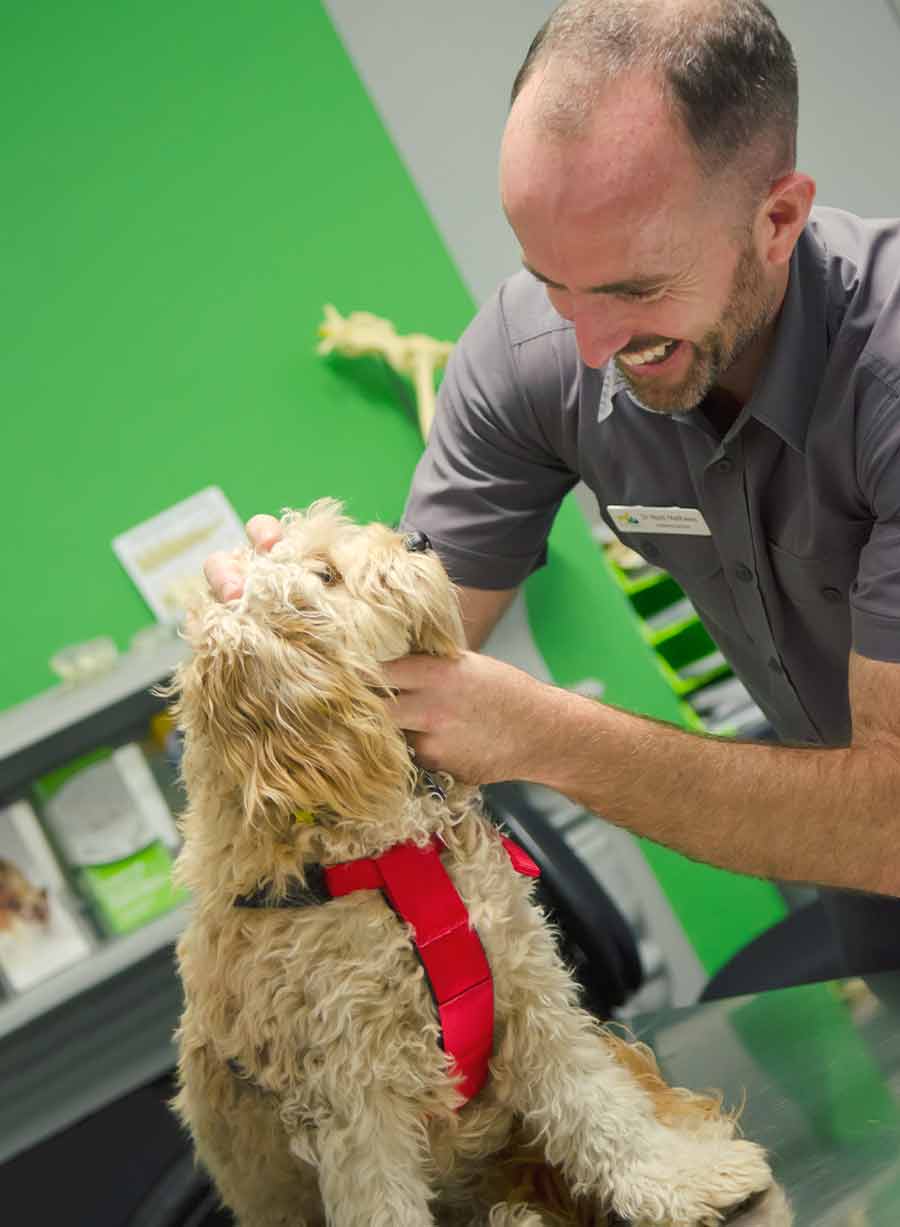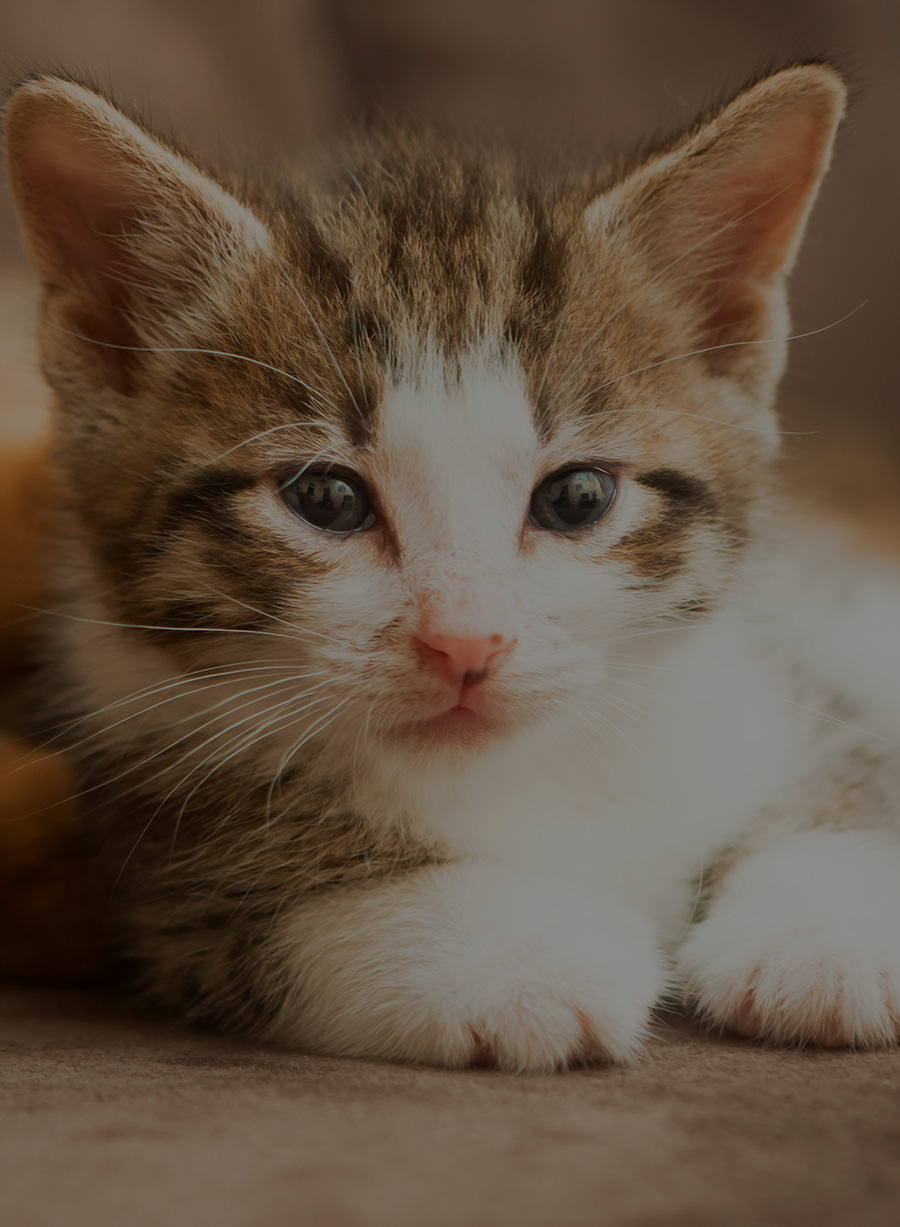Common Household Pet Poisons or Toxins
Products toxic to cats and dogs are in most households and gardens. The following are some of the most common toxic foodstuffs, human medications, poisons and plants that you may have at home.
Let’s keep the home safe for everyone!

Here are the most common poisons enquired about at the Veterinary Poisons Information Service (VPIS) and our clinics (additional toxic foods can be found on the last pages):
Human Medications
We do recommend self-medication of human medication to pets. Please contact us if you are considering giving your pet any human medication or drugs. Some human drugs can cause severe complications in animals. For example, cats are extremely sensitive to the effects of paracetamol (i.e. Panadol) and can be poisoned by doses appropriate for humans only (see below for more information).
NSAIDs (Non-steroidal anti-inflammatory drugs)
Examples include Ibuprofen (i.e. Nurofen in Australia) and Naproxen. NSAID’s are commonly available “over-the-counter” as an effective medication for human pain management and in cold and flu products. Ibuprofen is particularly toxic to dogs and can cause vomiting, diarrhoea, gastric ulceration and kidney failure.
If you suspect your dog has had access to NSAIDs or eaten it by accident, then please contact us immediately on (03) 9370 1900 .
Paracetamol
Also known as acetaminophen and marketed commonly as Panadol for its use as a painkiller. It is freely available from pharmacies, supermarkets and newsagents. It is also found in combination with other medications in many cold and flu products. Some animals, particularly cats, are extremely sensitive to paracetamol due to differences in metabolism. The signs of toxicity are brown gums, difficulty breathing, blood in urine, and swelling. Hence, even a very small and seemingly benign quantity can be extremely dangerous!
Anticoagulant rodenticides
Both dogs and cats can be affected by products used to help control rodent infestations. Examples include Warfarin (marketed as Ratblitz) or Bradifoucam (marketed as Talon and Ratsak). Ingestion may result in bruising and uncontrolled bleeding, however, these effects may not be seen until several days later. It is important to note that not all rodenticides are anticoagulant. Attention must be made to the type an animal has ingested so appropriate treatment can be started if necessary.
Metaldehyde
This ingredient is found in many snail and slug bait formulations used around the garden. It is typically presented in a blue or green pellet form. These pellets, although sometimes marked as ‘pet safe’ are often eaten by inquisitive dogs. The signs of intoxication include rapid onset of convulsions which can last many hours. Metaldehyde poisoning often results in hospitalisation for several days.
Chocolate toxicity
Chocolate contains a substance called Theobromine.
Unlike humans, animals have difficulties breaking down this product during digestion which can lead to toxic effects on the cardiovascular and central nervous systems. When affected by an overdose of chocolate, a pet can become excited and hyperactive and can progress to tremors, convulsions and heart disturbances. Theobromine will either increase their heart rate or may cause the heart to beat irregularly. Other side effects include vomiting and diarrhoea.
Despite eating large amounts of chocolate, some pets may look as if they are unaffected. However the signs of illness may not be noticed for several hours. Dark chocolate is the most toxic to animals, followed by milk, then white chocolate. If your dog has eaten chocolate, call us immediately for advice.
Grapes, raisins, currants and sultanas
Ingestion of these foods can lead to kidney failure. The toxic mechanism is poorly understood and it appears that the quantity required to cause problems are variable. In some dogs, small number of raisins or grapes has resulted in kidney failure. On the other hand, some dogs have eaten large amounts and developed no effects. It is important to recognise that ingestion of cooked fruits (for example, in a fruit cake or pudding) can cause kidney failure. Sometimes it’s better to be safe than sorry!
Onions & Garlic
Onions and garlic contain a toxic ingredient thiosulphate. When onion and garlic are ingested in large quantities (single ingestion or cumulative), the thiosulphate in these foods can cause red blood cells to rupture, resulting in anaemia.
We advise avoiding these foods altogether in pets.
Lilies
Lilies are beautiful to look at and are commonly found in floral arrangements in households, gardens and at the florist. However, most cat owners and florists are unaware that cats could die of kidney failure should they eat any part (stem, leaves, petals, stamens and pollen) of these toxic species. Even a small exposure to the pollen can be potentially very dangerous, with as little as two leaves causing fatalities. Many cats will vomit after chewing or eating parts of a lily and may also drool, lose their appetite and have increased urination (followed by lack of urination in 1-2 days). Please contact your veterinarian if you suspect your cat has been exposed to this plant.
What to do if your pet is showing signs of poisoning
- Try to get in touch with a veterinarian or a poison control centre and follow their instructions
- If the product is a petroleum product, cleaning solution, strong acid or strong alkali, if the substance was ingested more than 3 hours ago, or if your pet is unconscious, not able to stand or is having trouble breathing, you must get your pet to a veterinarian as soon as possible
- If the pet vomits, save a sample of the vomitus for later inspection by the veterinarian. (consider using a ziplock bag)
Protecting your pets
There are numerous ways that every pet owner can consider when protecting their pets from the dangers around the household/garden. The following are few ways of doing this:
- Only give your pet medication that is recommended by your veterinarian and always discuss with them prior to giving any human medication
- If you are using poisons (snail bait, rat bait) in the house or if you store chemicals in the house, ensure your pet cannot access these areas
- If your pet likes to scavenge food and items from your household bin, attempt storing the bin in a difficult to reach location (behind a cupboard door, elevated from the ground) and make sure you safely dispose of medicines, chemicals and food.

NOTE – This list is not complete
- Alcoholic Beverages: Any type of alcohol can be poisonous to your pet and aside from intoxication, can cause a coma or even death.
- Apple Seeds: Can have varied effects on pets.
- Apricot Pits: Can cause respiratory difficulties such as breathing, coughing and sneezing.
- Avocados: The leaves, fruit, seeds and bark of avocados contain Persin, which can cause vomiting and diarrhea in dogs. Birds and rodents are especially sensitive to avocado poisoning, and can develop congestion, difficulty breathing and fluid accumulation around the heart.
- Cherry Pips: Can cause respiratory difficulties such as breathing, coughing and sneezing.
- Chewing gum / Sweets containing the sweetener Xylitol: Can cause liver damage and even death.
- Chocolate: Although pets should never have any type of chocolate, milk chocolate is not nearly as dangerous for animals as semi-sweet or unsweetened bakers chocolate. Chocolate poisoning can cause irregular heart rate and rhythm, restlessness, hyperactivity, diarrhea, vomiting, panting, muscle tremors, abdominal pain, bloody urine, increased body temperature, seizures, coma and possibly even death.
- Coffee: Can result in increased breathing and heart rate, restlessness and affects the central nervous system.
- Garlic: Can cause anaemias (low red blood cells)
- Grapes: Large amounts of grapes can be poisonous to pets and can cause vomiting, diarrhea, lethargy, abdominal pain, lack of appetite and kidney damage.
- Hops: May cause panting, elevated temperature, increased heart rate, seizures and possibly death.
- Macadamia Nuts: Can cause vomiting, lethargy, hyperthermia, abdominal pain, stiff joints, lameness and tremors.
- Mouldy Foods: Can have varied effects on pets including vomiting and diarrhea.
- Mushrooms: Different types of mushrooms can have varied effects on pets such as, depression, diarrhea, nausea and vomiting, abdominal pain, tearing, hallucinations, defecation, liver failure, seizures, drooling, urination, kidney failure, heart damage, hyperactivity and in some cases, death.
- Mustard Seeds: Can have varied effects on pets.
- Onions and Onion Powder: Can cause anaemia and gastrointestinal problems such as vomiting and diarrhoea.
- Peach Pips: Can cause respiratory difficulties such as breathing, coughing and sneezing.
- Potato Leaves and Stems: Can cause problems with the digestive, nervous and urinary systems.
- Raisins: Large amounts of raisins can be poisonous to pets and can cause vomiting, diarrhea, lethargy, abdominal pain, lack of appetite and kidney damage.
- Rhubarb Leaves: Can cause problems with the digestive, nervous and urinary systems.
- Salt: In large quantities can cause electrolyte imbalances.
- Tea: Can have varied effects in pets.
- Tomato Leaves and Stems: Can cause problems with the digestive, nervous and urinary systems.
- Walnuts: Can cause gastrointestinal problems such as vomiting and diarrhea, as well as respiratory issues such as sneezing, breathing and coughing.
- Yeast Dough: Yeast dough can rise and cause gas to accumulate in your pet’s digestive system. This can be painful and can cause the stomach or intestines to rupture. Because the risk diminishes after the dough is cooked and the yeast has fully risen, pets can have small bits of bread as treats. However, these treats should not constitute more than 5 percent to 10 percent of your pet’s daily caloric intake.
References:
Common poisons
If you think your pet may have ingested something they shouldn’t have – call us immediately on (03) 9370 1900
Join Our Newsletter
Expert pet care advice, seasonal health alerts and special offers.
